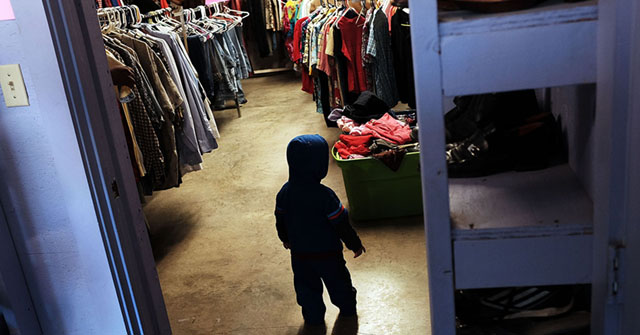Peterson Foundation Statement on Budget Deal December 2019

NEW YORK — Michael A. Peterson, CEO of the Peter G. Peterson Foundation, commented today on a budget deal between the President and Congress that will add more than $400 billion to the national debt over the next 10 years:
“Another $400 billion in debt is the worst possible holiday gift for our children. This last-minute grab-bag budget bill has something political for everyone in Washington, yet it hurts the next generation and the future prosperity of our nation.
“The growing national debt is the gift that keeps on taking. Interest costs are already the fastest growing program in the federal budget, and will total $6 trillion over the next 10 years. We should be looking at ways to reduce our interest burden so that we can fund important national priorities, but this deal just makes fiscal matters worse.
“In particular, rapidly rising healthcare costs are the largest threat to our fiscal and economic health, yet this bill repeals provisions that were specifically targeted toward addressing this important and difficult challenge. The so-called ‘Cadillac Tax’ was designed to curtail high-cost insurance plans that mostly affect high earners and the revenues were to be used to fund expanded access to health insurance for lower-income Americans.
“Self-inflicted shutdown deadlines are no excuse to engage in greater fiscal irresponsibility that hurts our collective future. While our economy is still strong, we have the opportunity to consider the many fiscal solutions in front of us that will improve economic opportunity for all Americans.”
# # #
Further Reading
What Are the Economic Costs of Child Poverty?
Child poverty is higher in the United States than in other wealthy countries. Studies show that it has quantifiable economic costs.
Budget Basics: Unemployment Insurance Explained
The Unemployment Insurance program is a key counter-cyclical tool to help stabilize the economy and speed recovery during downturns or crises.
Quiz: How Much Do You Know About Healthcare in the United States?
The United States has one of the largest and most complex healthcare systems in the world. Take our healthcare quiz to see how much you know about the cost and quality of the U.S. healthcare system.


